Treatments performed by dermatologists or trained professionals can greatly enhance the anti-aging effects of your at-home skincare regimen.
These facial rejuvenation treatments aim to stimulate collagen production by creating controlled micro-injuries to the skin, prompting the body's natural healing process.
However, these treatments should only be used as a supplement to an active anti-aging skincare routine. To rely solely on these treatments is not only expensive, but will also require you to be in a constant state of downtime, as your skin heals. Overdoing these treatments, as with anything, can also lead to adverse consequences, but a couple times a year will help enhance collagen production and minimize overall signs of aging.
01.
Microneedling
Microneedling is considered a collagen induction therapy, and is a cosmetic procedure that involves using fine, sterilized needles to create tiny punctures in the skin.
This controlled skin injury triggers the body's natural wound healing processes, leading to increased collagen and elastin production.
This helps maintain the skin’s structure and elasticity, making it appear firmer and more toned. It also helps reduce the appearance of fine lines and wrinkles, contributing to a more youthful complexion.
Additionally, microneedling can improve skin texture and tone, reduce scars and hyperpigmentation, and facilitate the absorption of skincare products by allowing them to penetrate deeper into the skin.
This makes it an effective method not only for fighting signs of aging but also for improving overall skin health.
02.
Chemical Peels
Chemical peels involve applying a chemical solution to remove the surface layers of skin. This process accelerates skin turnover by peeling away old, dead skin cells, revealing fresher, more youthful skin underneath.
By removing these surface layers, chemical peels can effectively address a range of skin concerns including wrinkles, uneven skin tone, and textural irregularities.
The removal of the outer layers of skin prompts the body's natural healing processes, which includes the increased production of collagen. Since collagen is a key player in structure and elasticity, this helps to maintain your complexion's youthful firmness.
As the skin heals post-peel, it does so with a fresh, new layer that is smoother and more even. This not only helps in reducing visible signs of aging but also enhances the overall complexion by making it appear more radiant and toned.
The stimulation of collagen production through chemical peels not only helps in rejuvenating the skin but also in strengthening it against future signs of aging.
03.
Laser Treataments
Laser treatments work by delivering short bursts of light energy to target skin layers. This process induces controlled damage to the skin, which stimulates the body’s natural healing mechanisms, including the production of collagen and elastin.
By boosting collagen and elastin levels, laser treatments can effectively minimize the appearance of fine lines, wrinkles, and skin laxity, leading to a firmer and more youthful complexion.
Additionally, these treatments can help improve overall skin texture and tone, reduce the appearance of scars, and promote a more even skin coloration.
Laser therapy is particularly valued for its ability to achieve these results with precision and minimal downtime, making it a popular choice for those seeking to combat the signs of aging and restore the skin’s natural vitality and smoothness.

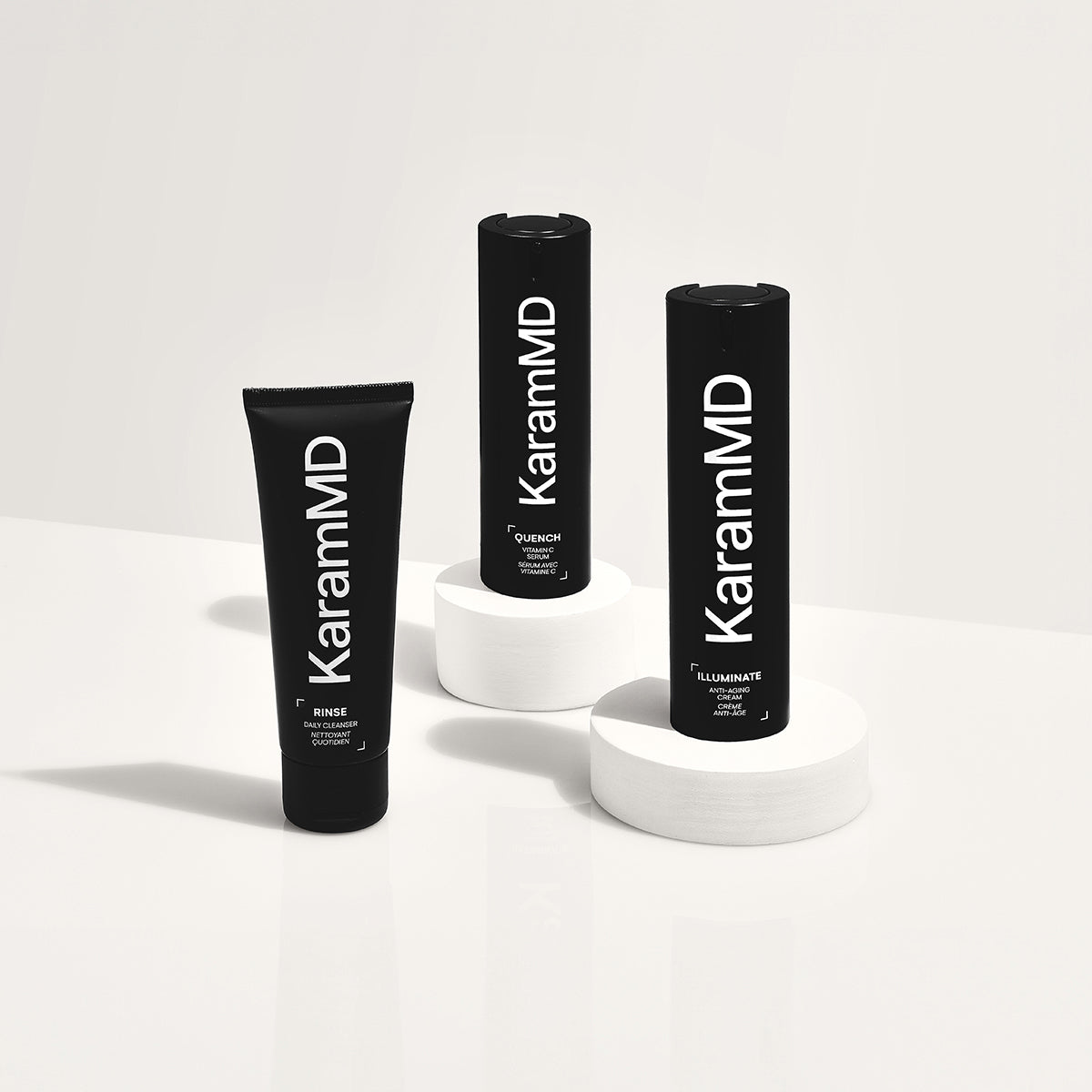
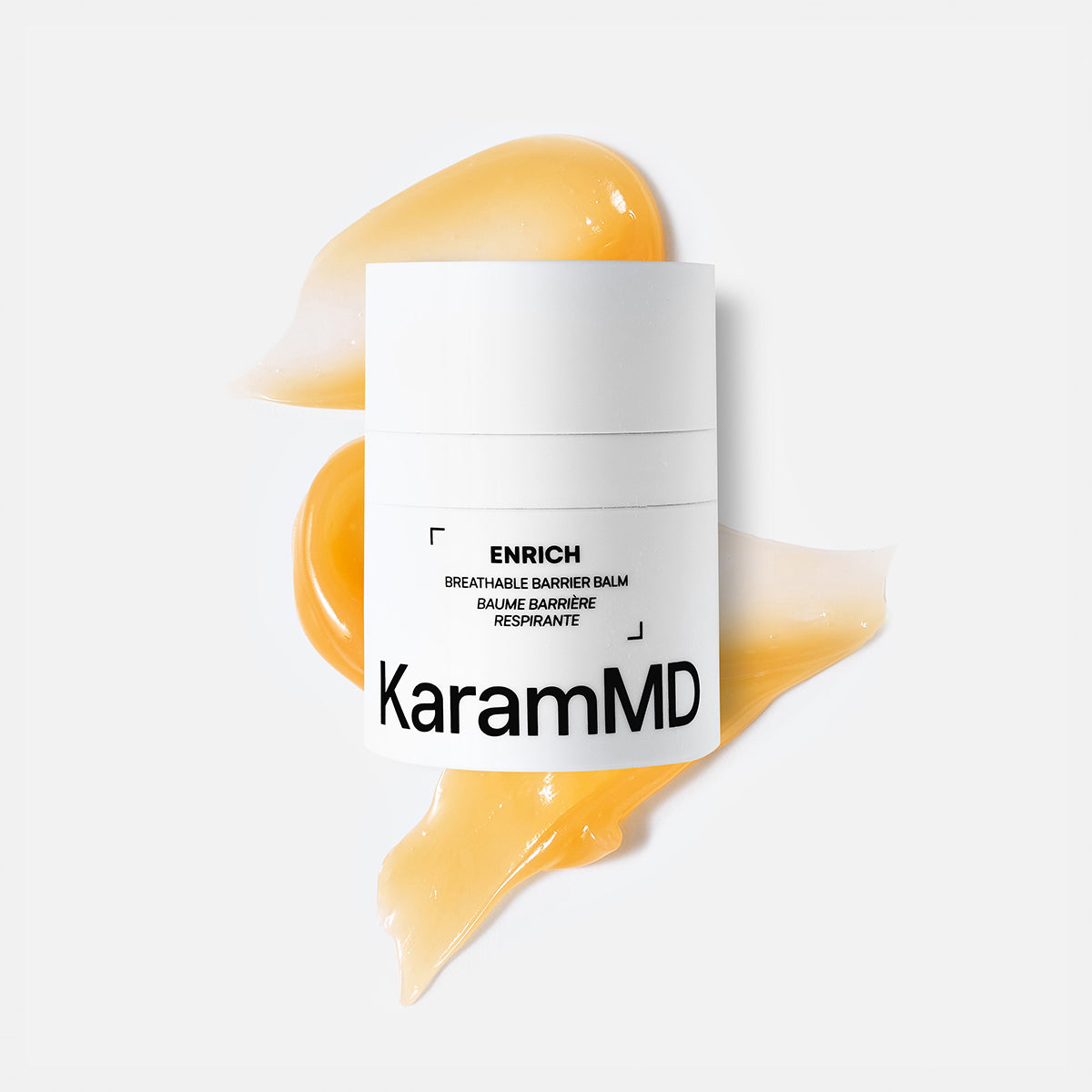
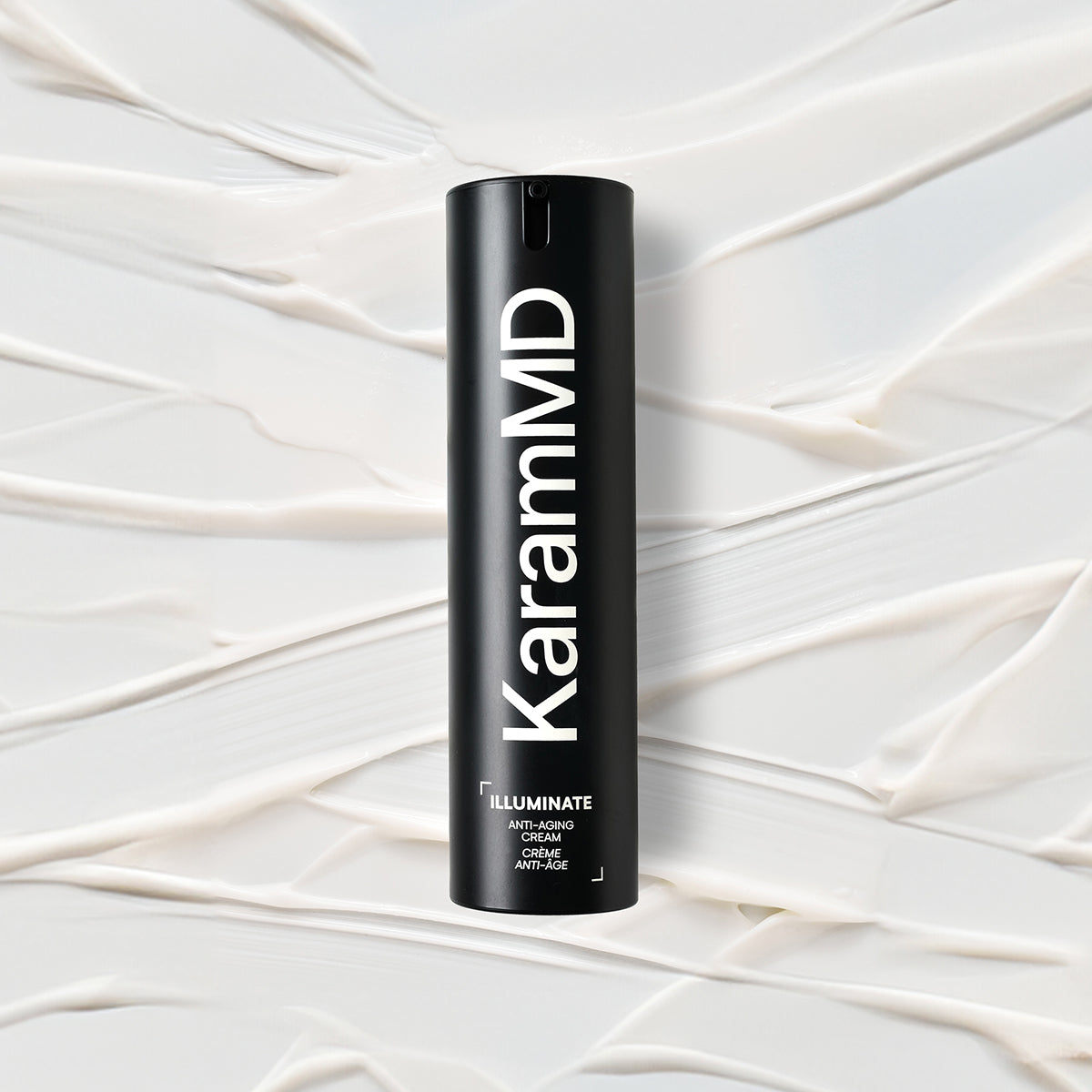
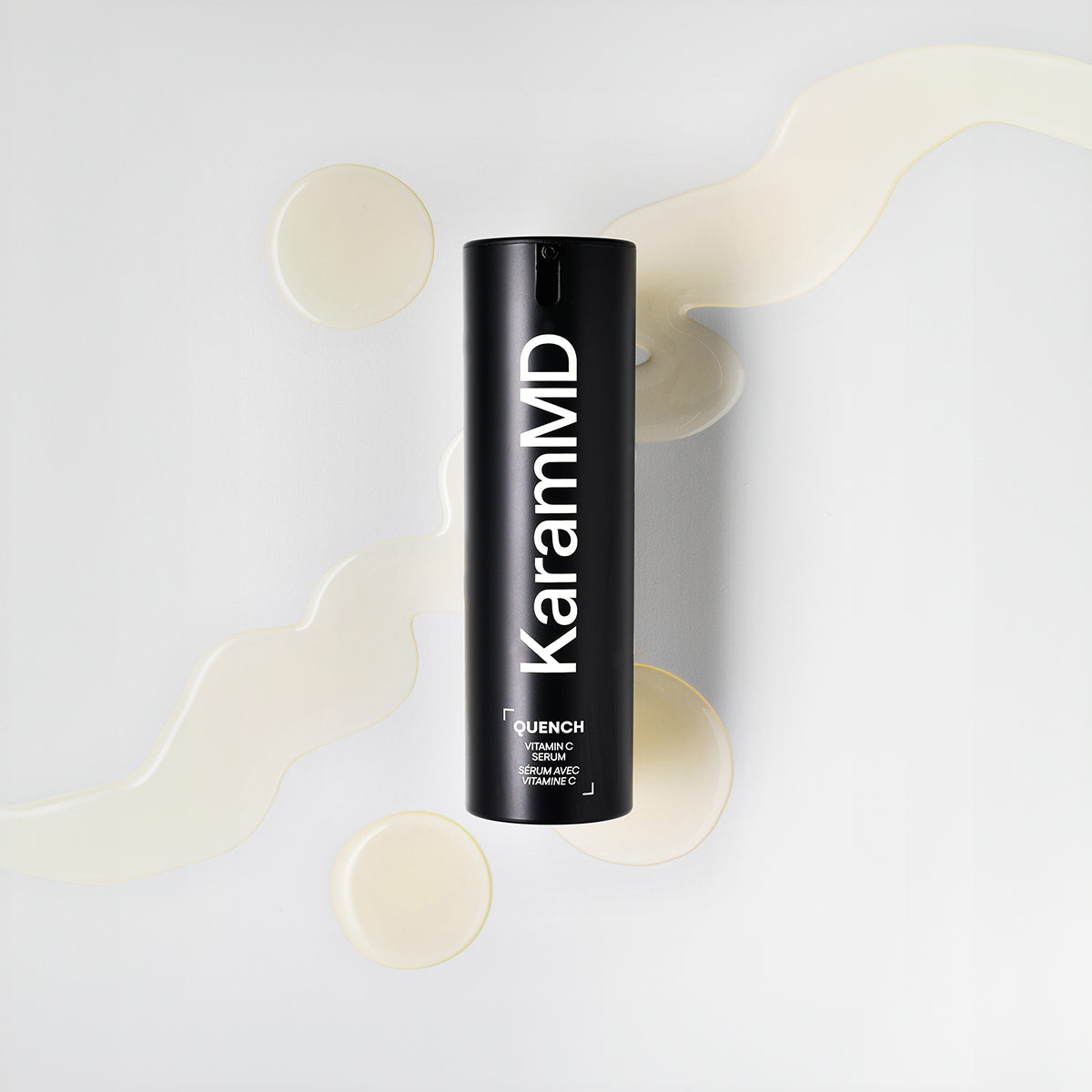
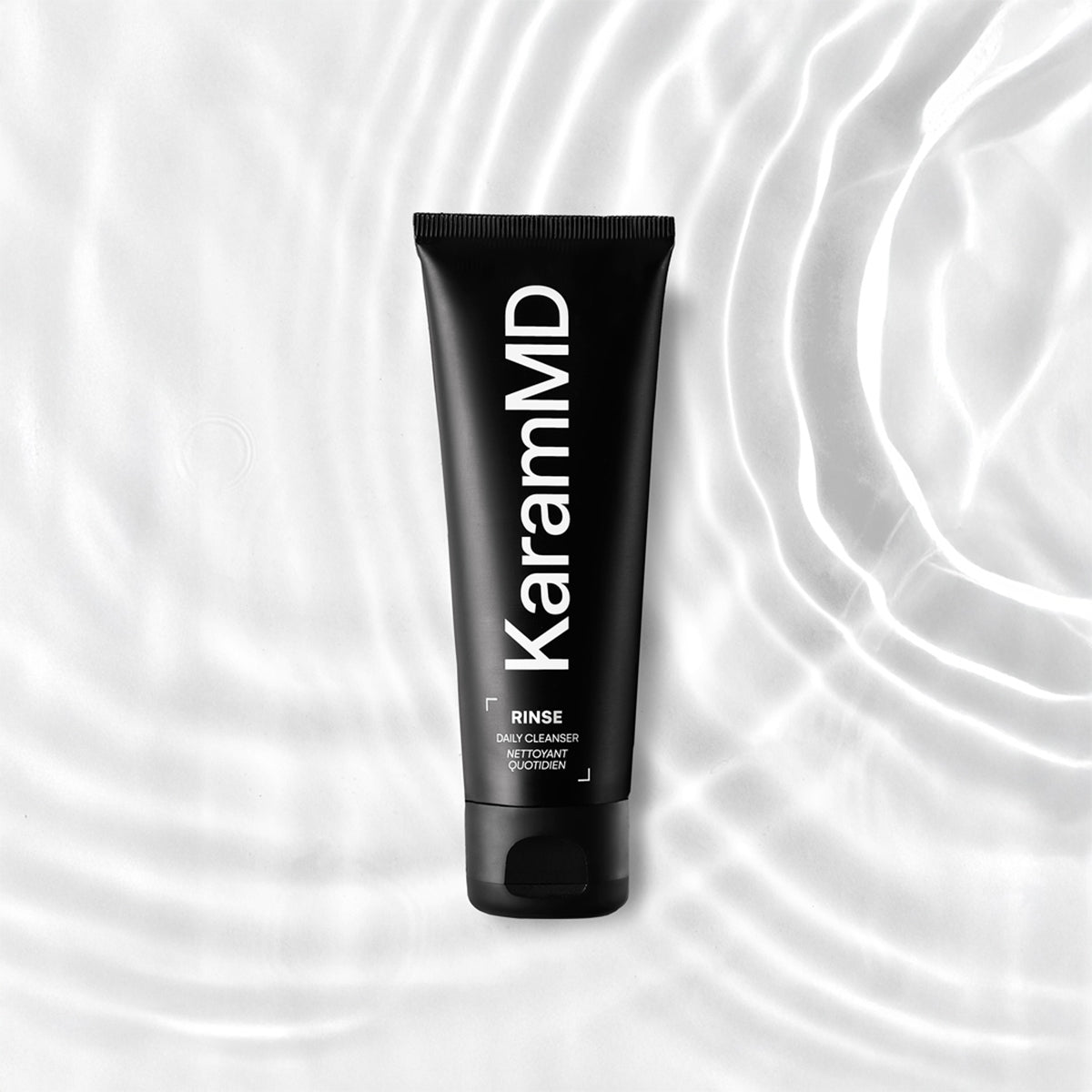
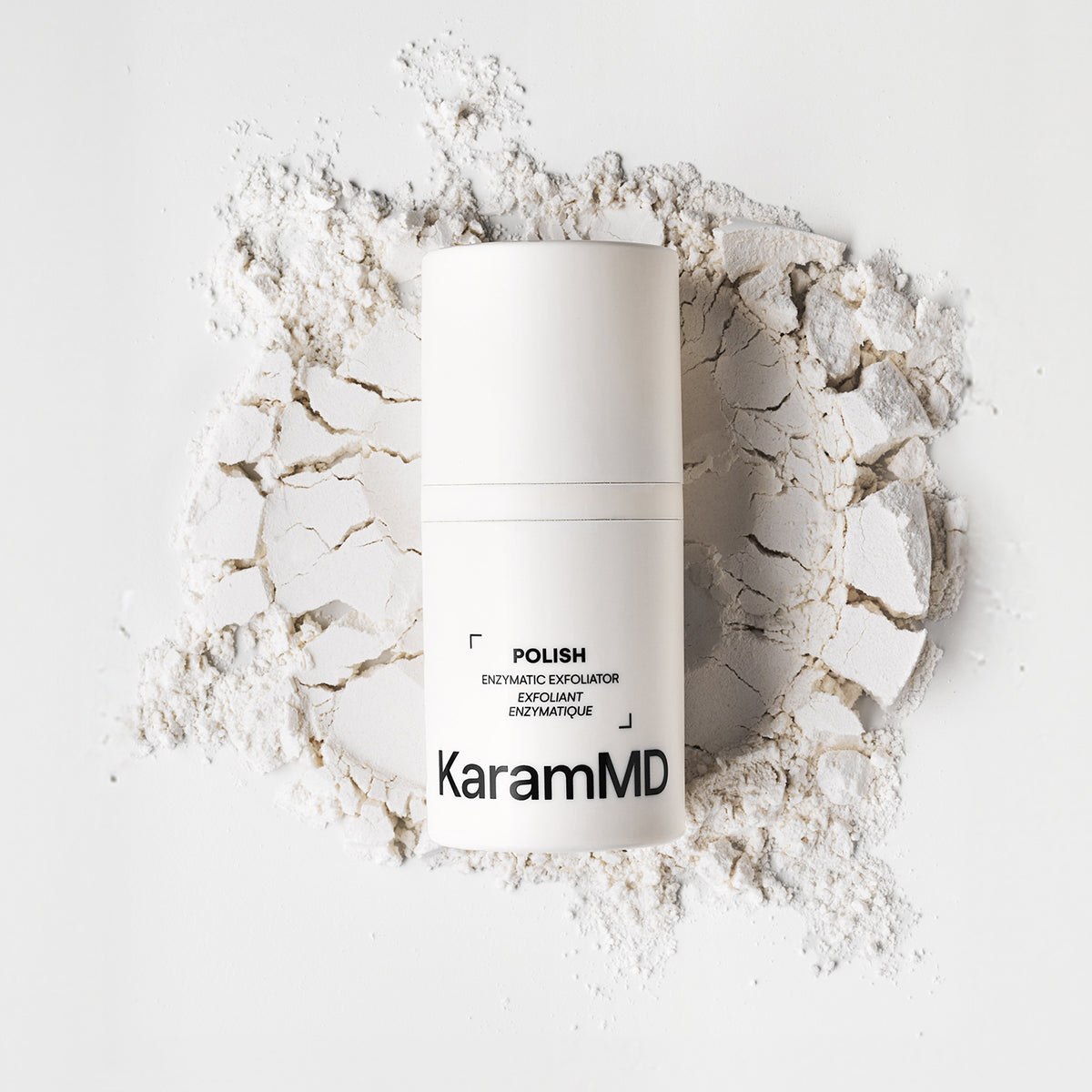
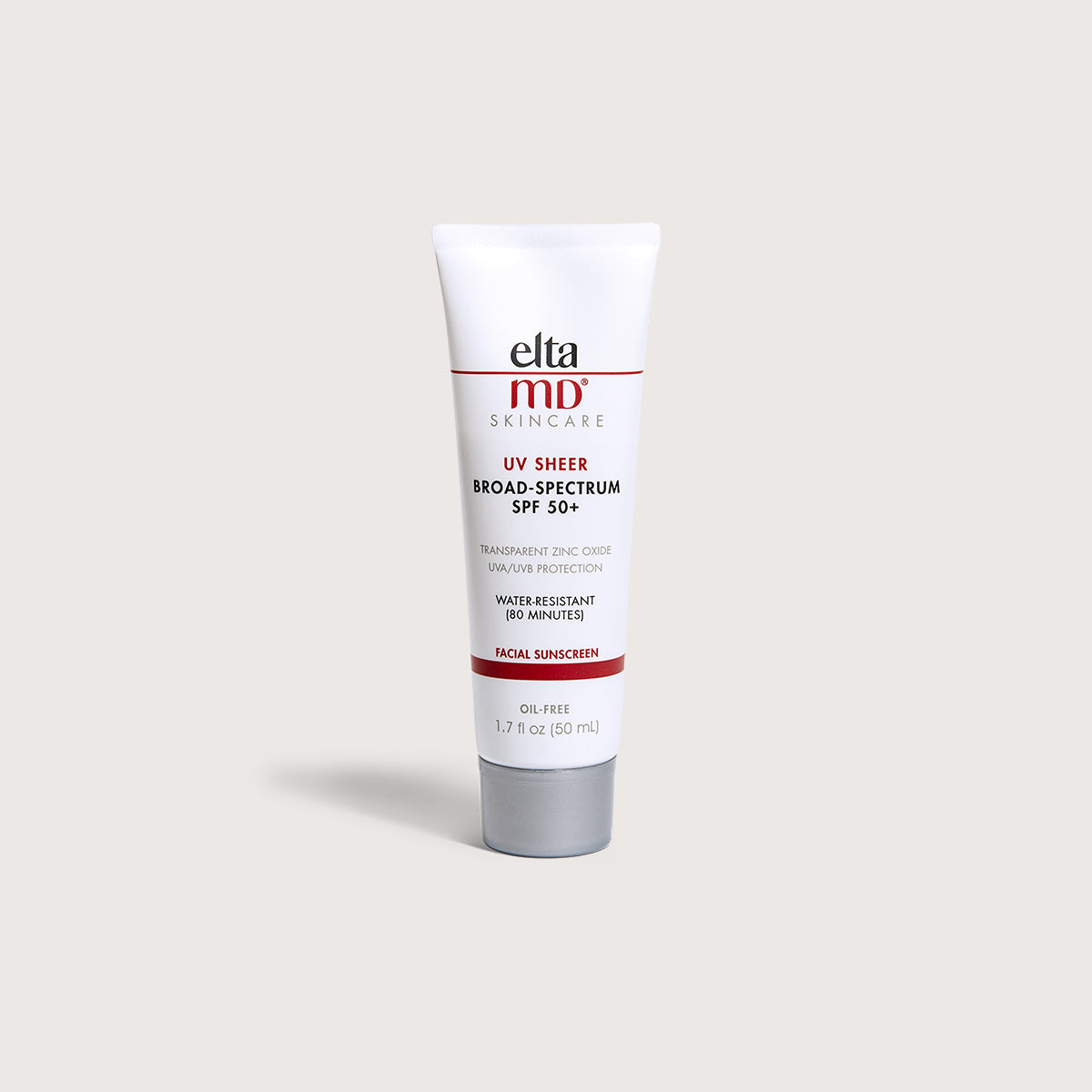
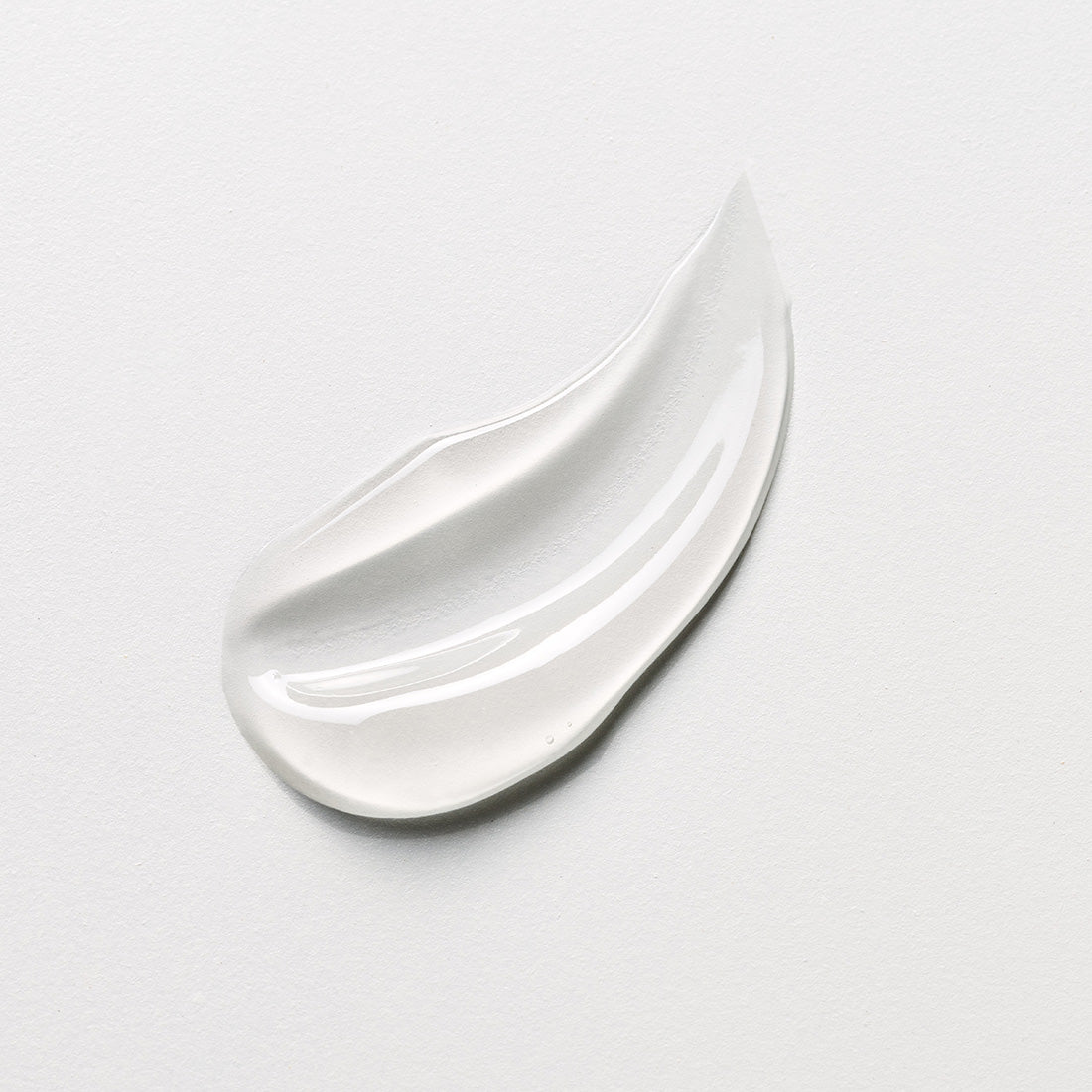





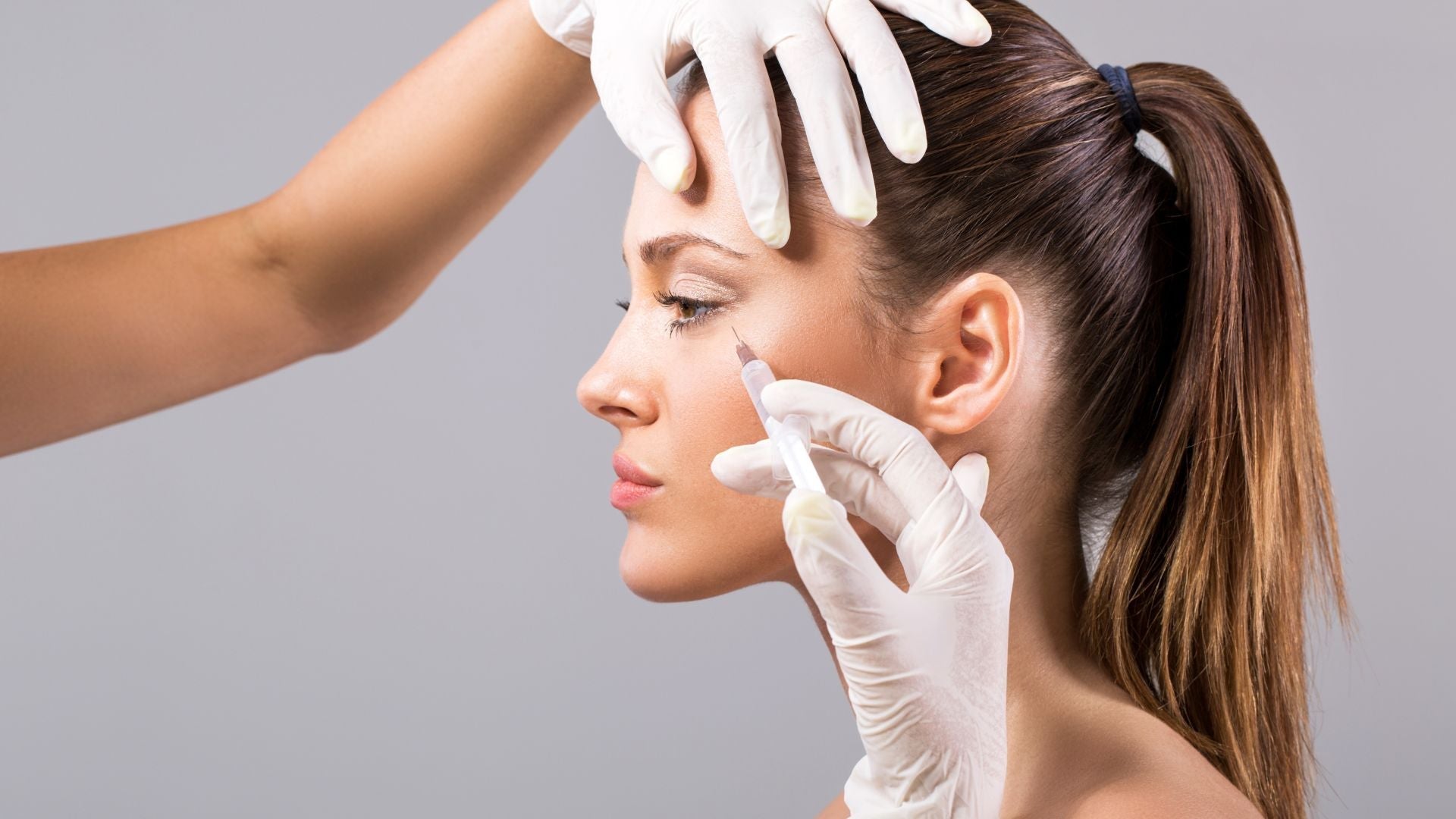

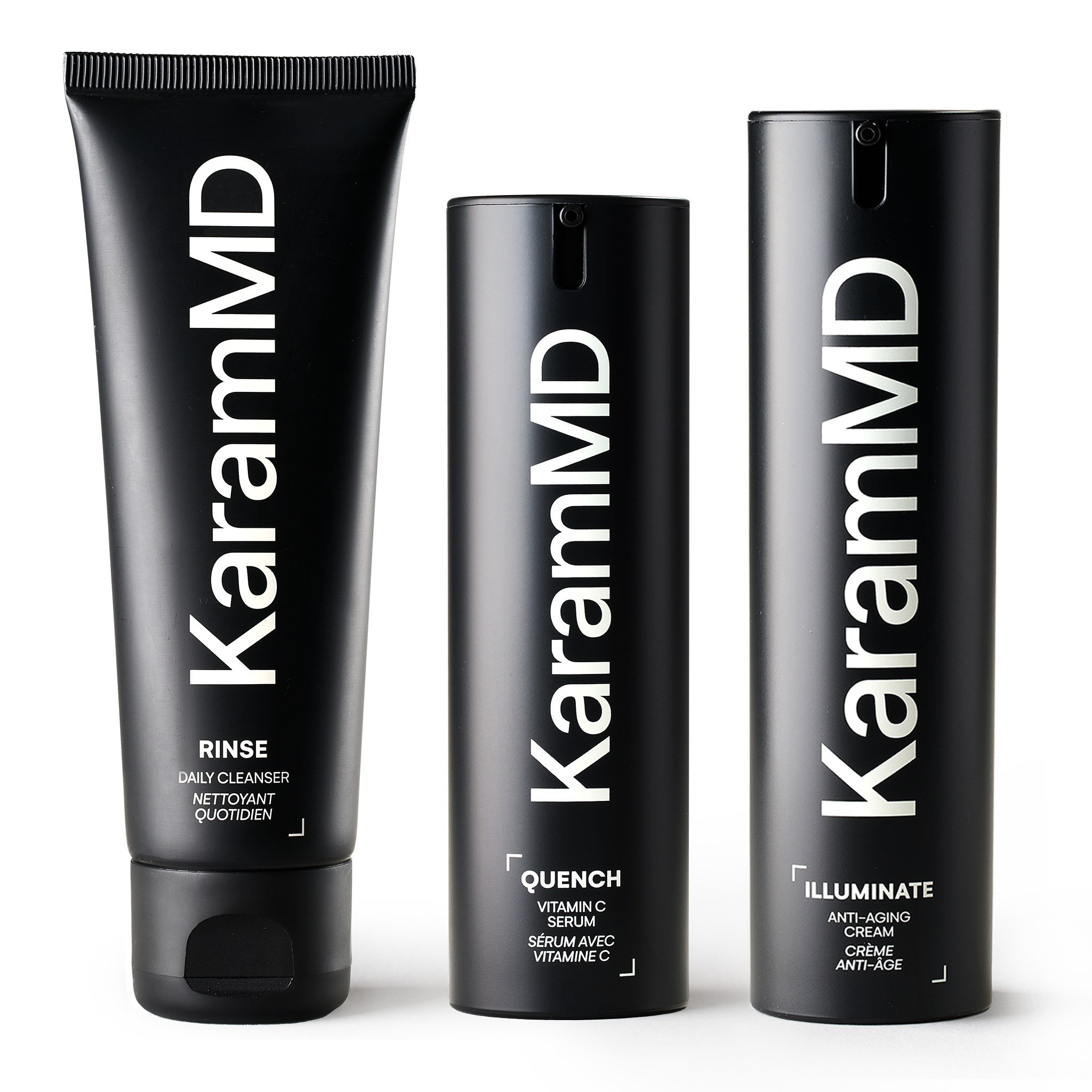
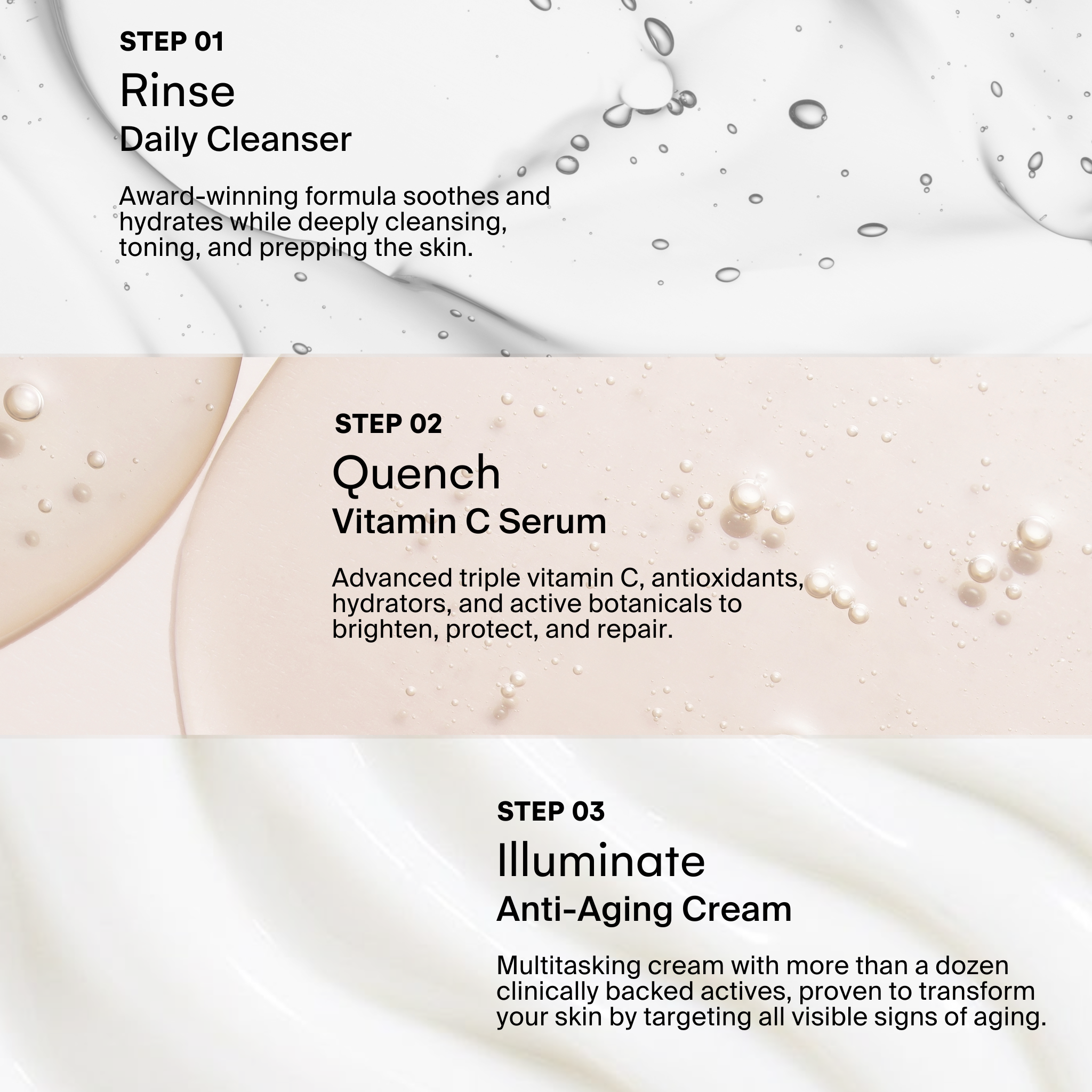
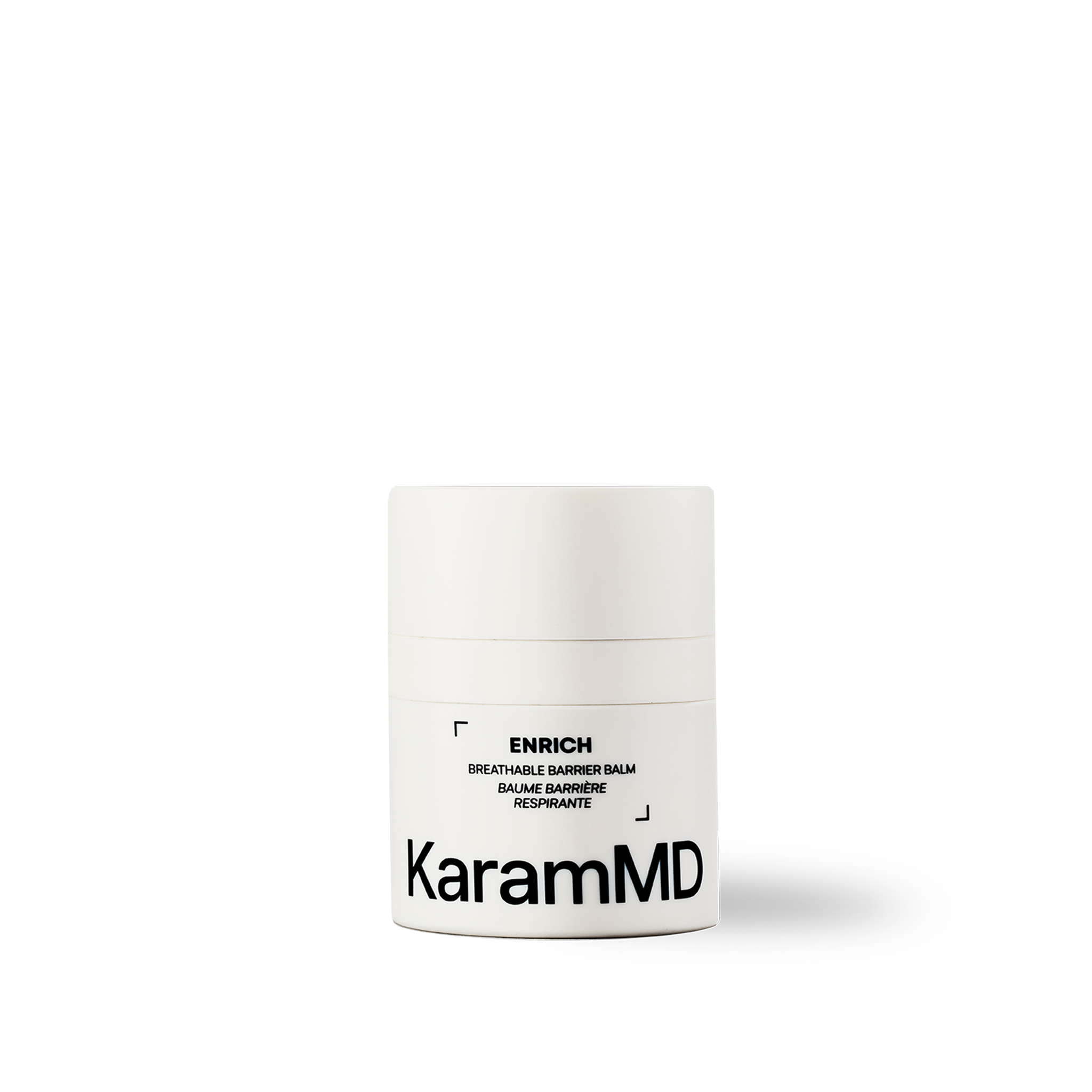
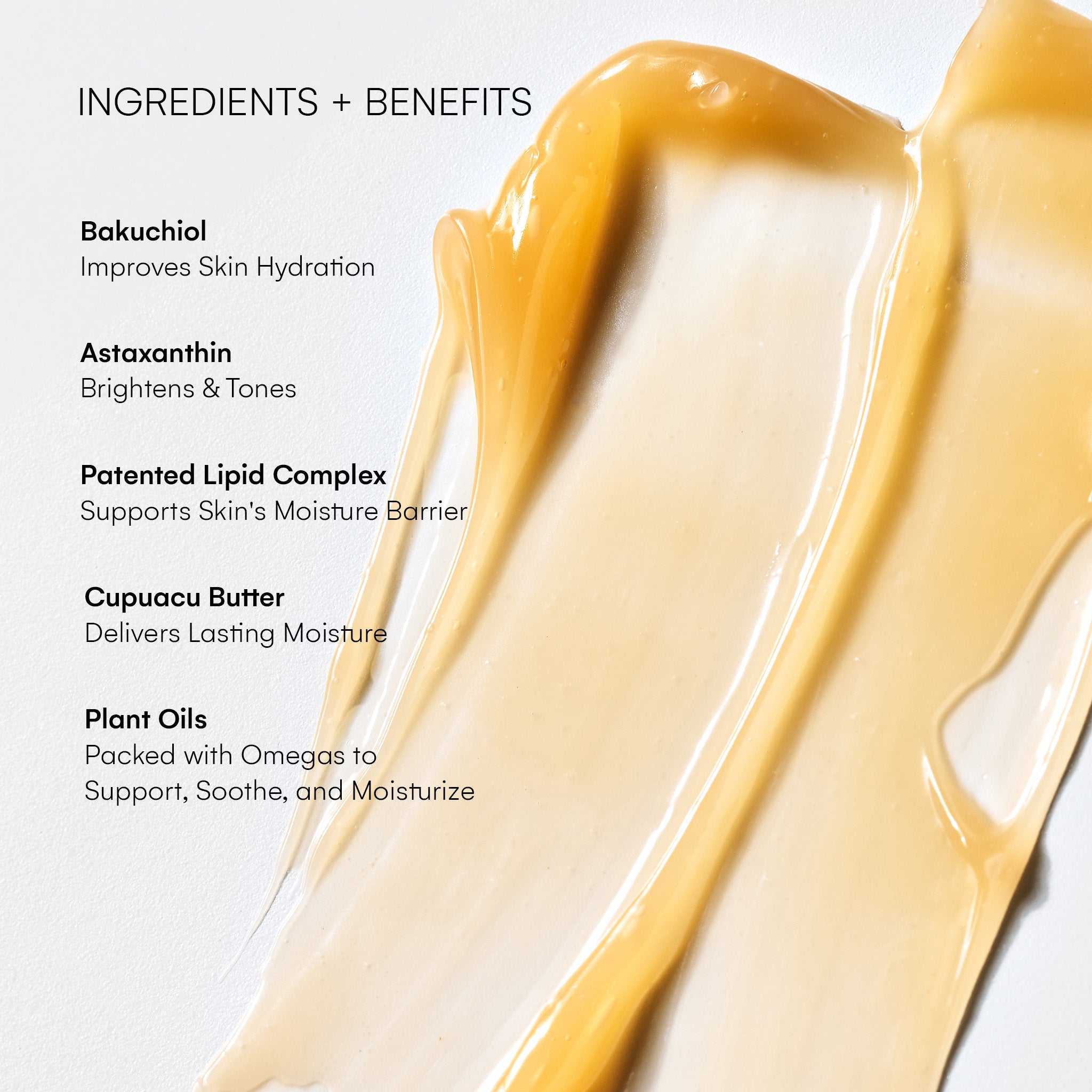
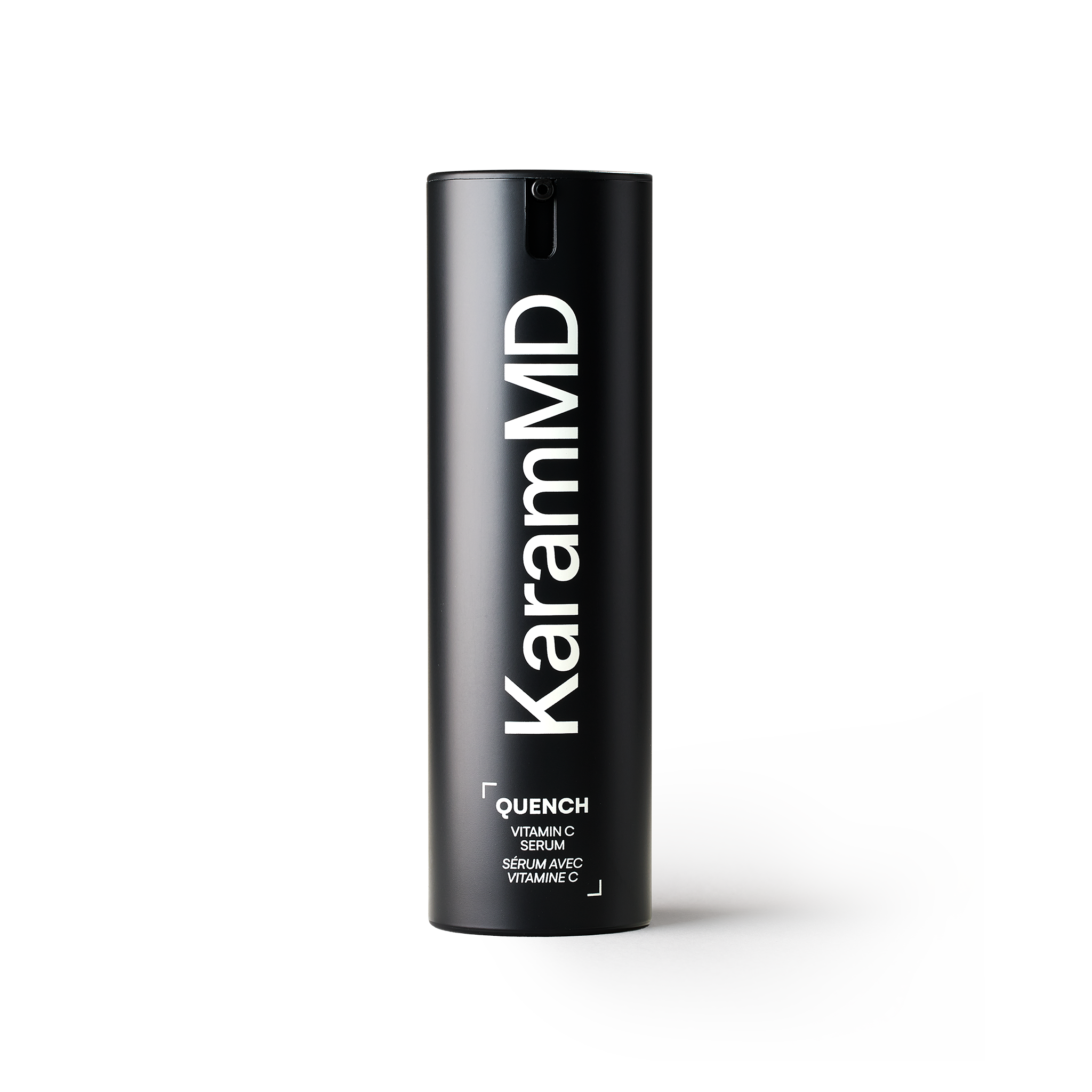
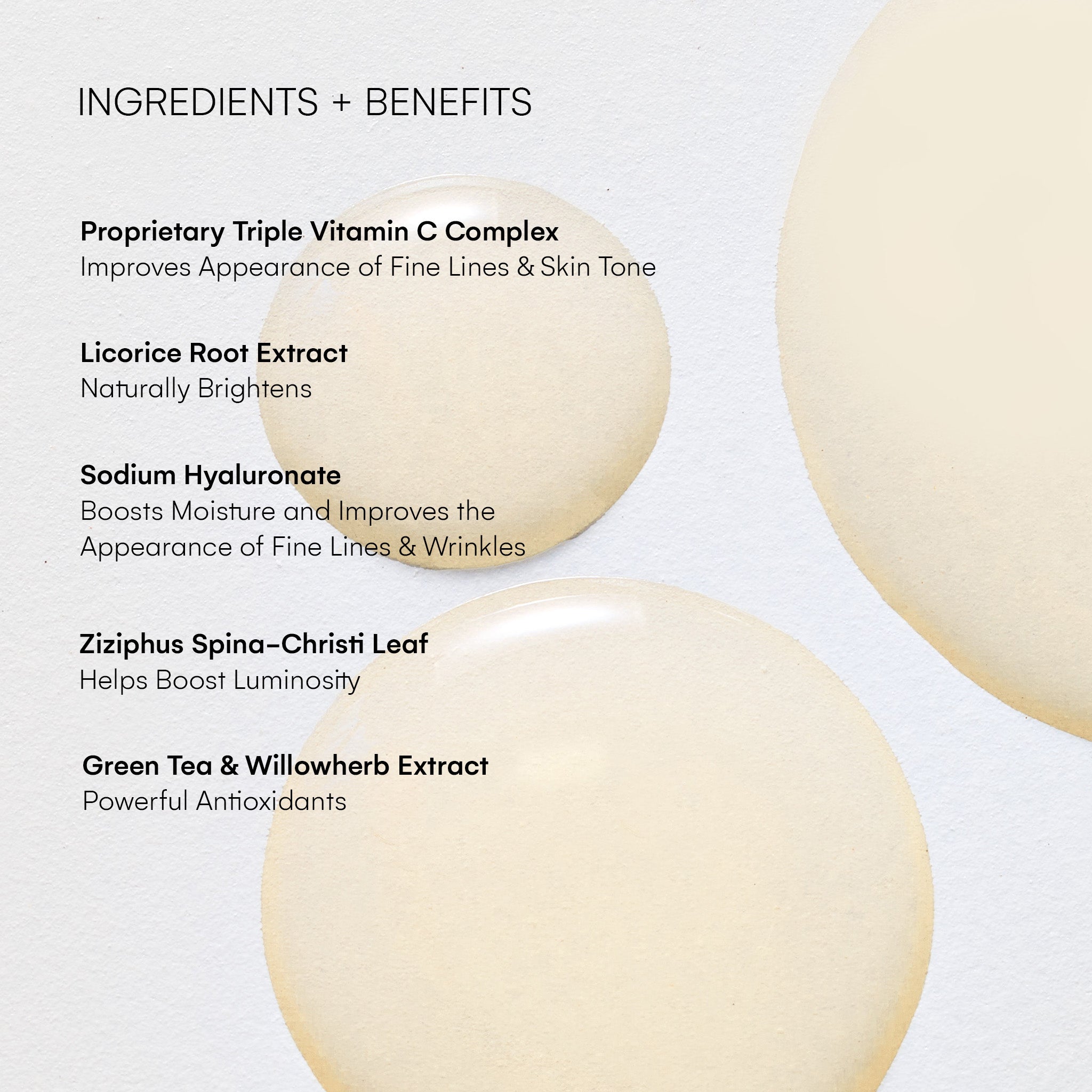
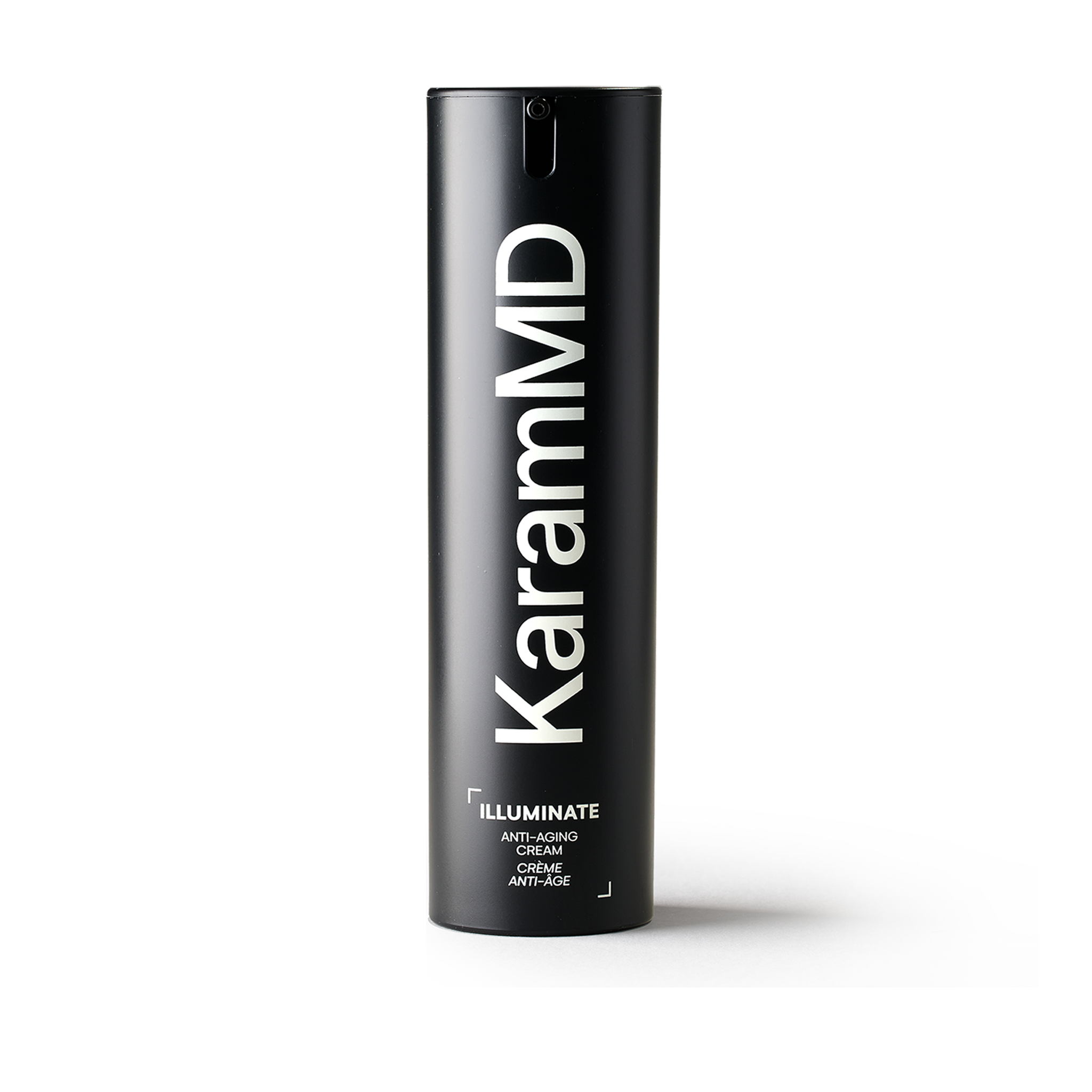
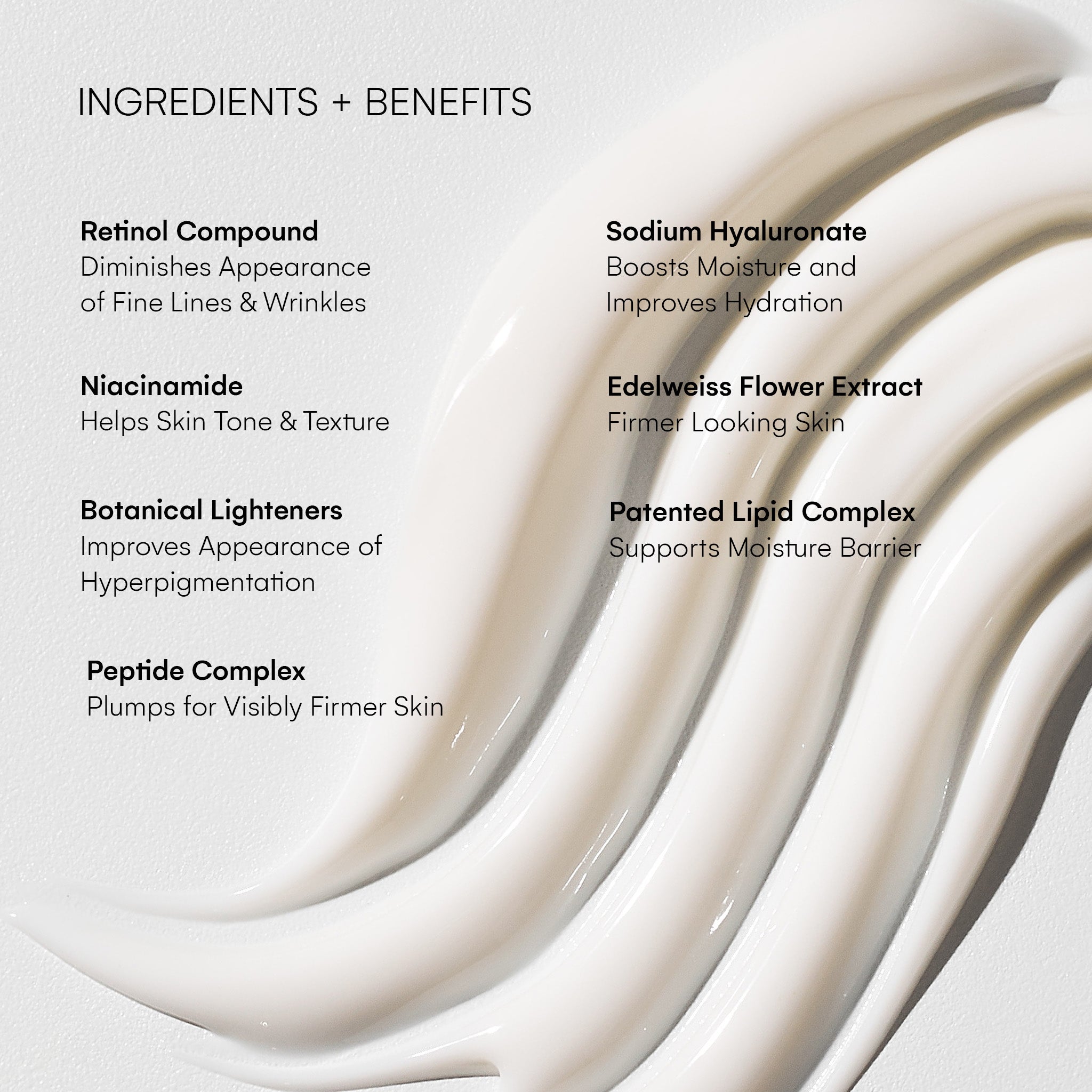
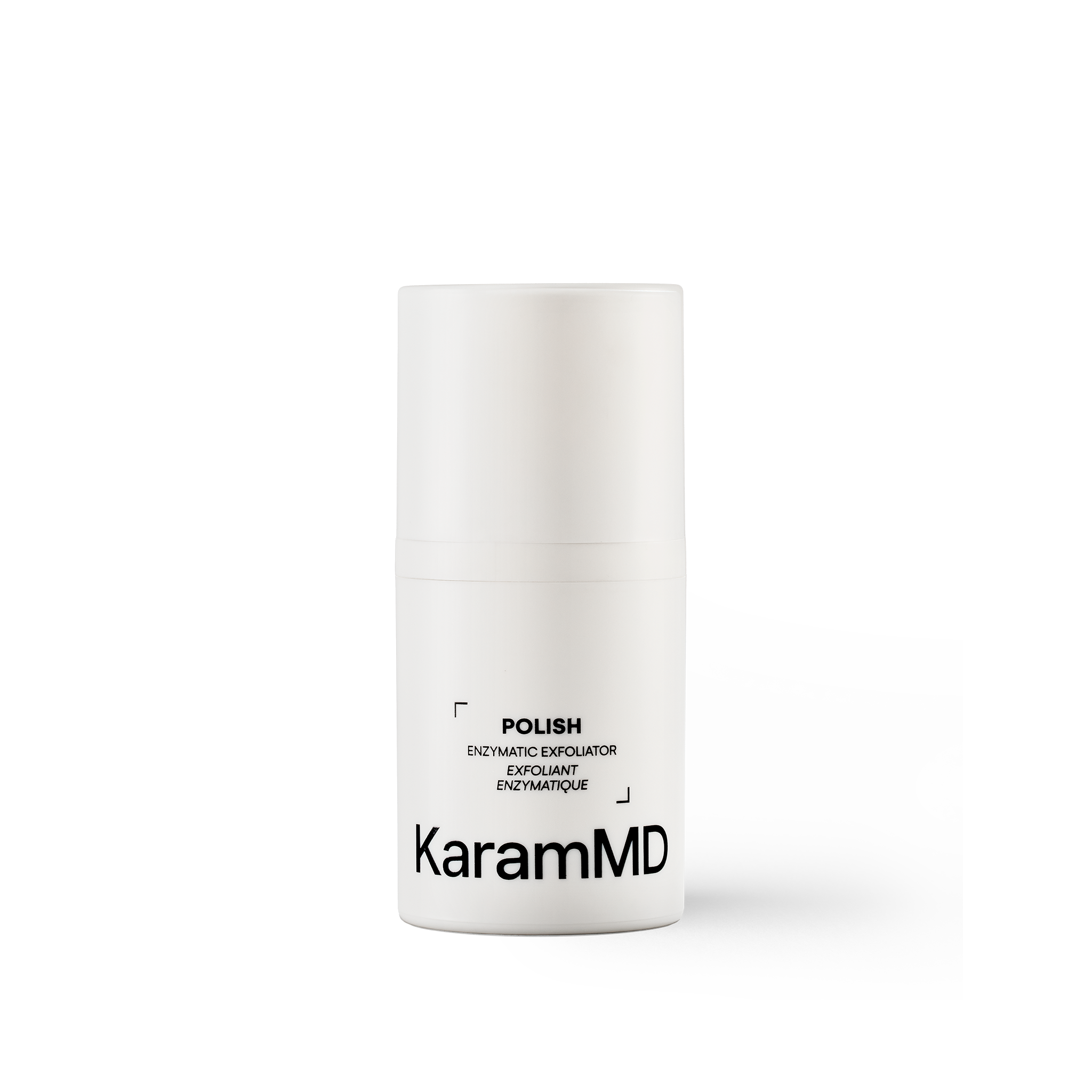
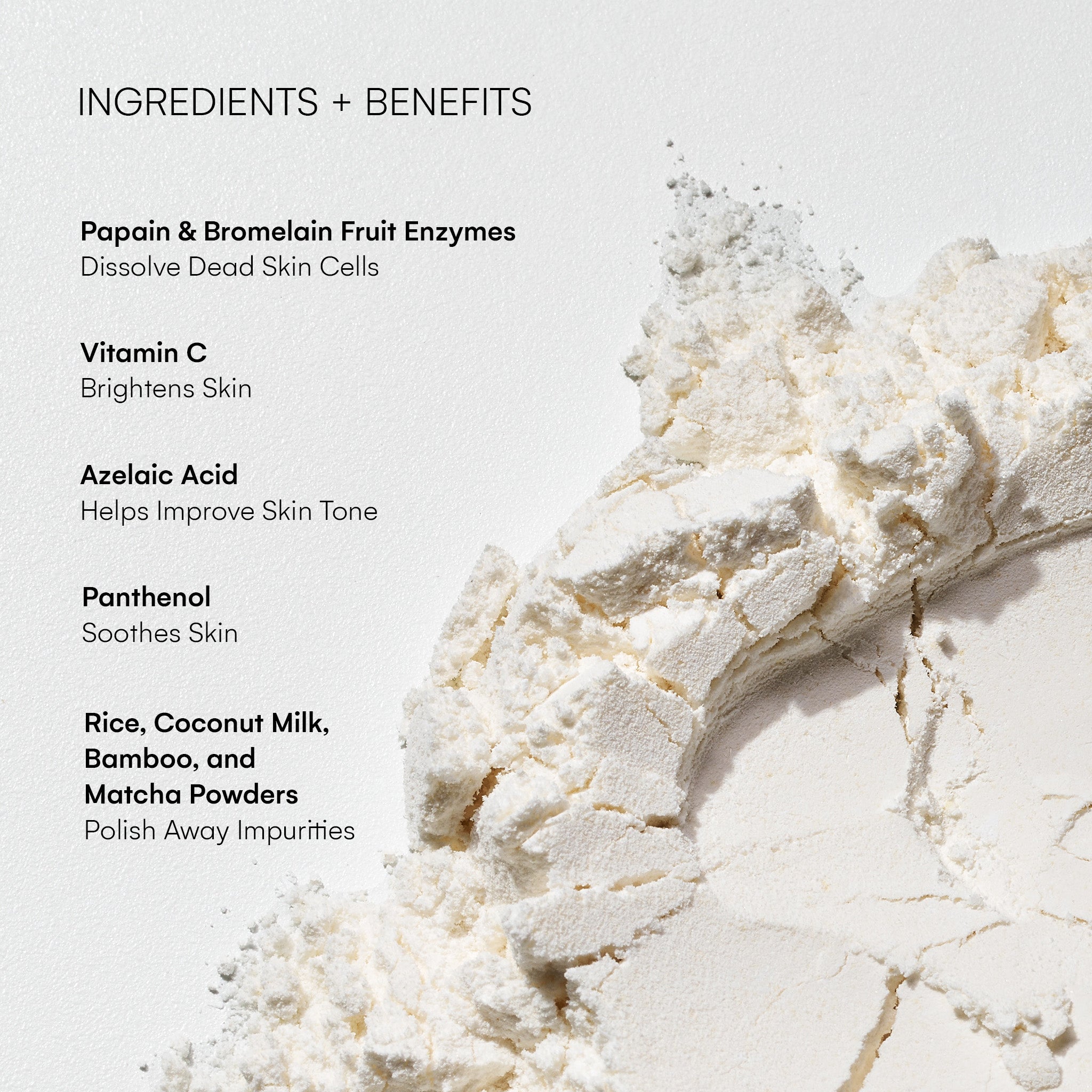
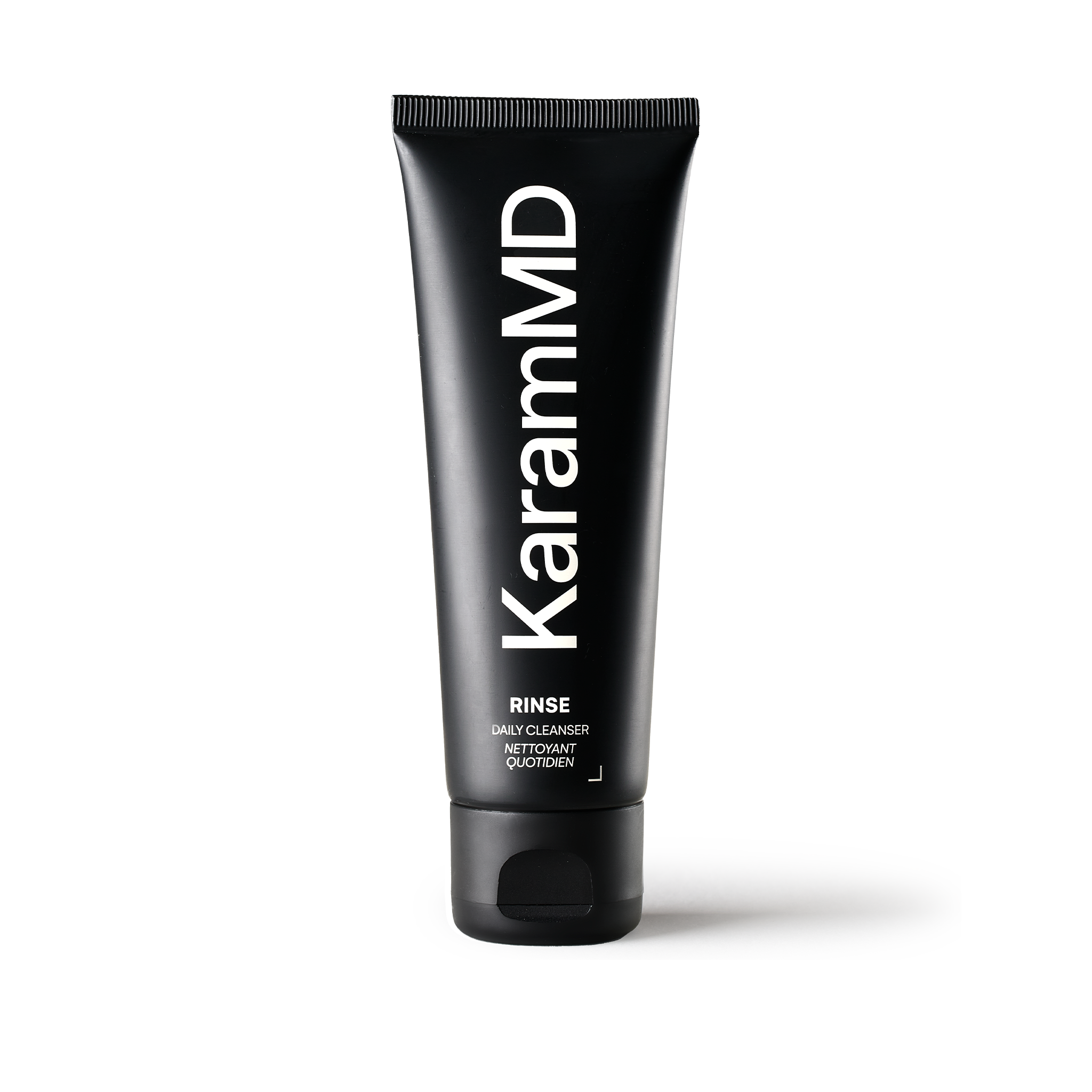

3 comments
Ann
Hi, do you deliver your products to South Africa. If so what is the delivery time. 🤔
———
KaramMD Skin replied:
Hi Ann—Thank you for your message and your interest in KaramMD Skin. Yes, we do ship to South Africa! International shipping times vary depending on the customs process, and can take up to 4 weeks, but sometimes it arrives sooner than that. We will send you tracking information so you can keep an eye on it along the way. We are working on improving our international shipping experience, so hopefully in the future we can get your orders to you quicker. Make sure you are subscribed to our emails for all announcements. Hope that helps!
Kimberly Korzen Neistat
What about aging skin on the body what do u use for that ?
———
KaramMD Skin replied:
Hi Kimberly—Great question! For aging skin on the body, we recommend using products that contain the same hydrating and firming ingredients we want for our face. Look for lotions or creams with Hyaluronic acid, Retinol, and Peptides to boost collagen production and improve skin elasticity. Also, regular exfoliation can help remove dead skin cells and promote smoother skin. Don’t forget to apply sunscreen daily to protect your skin from UV damage. Hope this helps! >
Mariuxi Montesdeoca
Hola, cómo estás, soy una mujer de 59 años vivo en Ecuador, quisiera saber más sobre sus productos y realizarme la cirugía, me interesaría los costos
———
KaramMD Skin replied:
Hola Mariuxi—puedes aprender más sobre nuestros productos a través de nuestro sitio web y el KaramMD Journal o el canal de YouTube del Dr. Karam. Si tienes preguntas específicas, puedes enviar un correo electrónico a customerservice@karammdskin.com <>. También puedes enviar un correo electrónico al Servicio al Cliente para consultas sobre la práctica quirúrgica del Dr. Karam o visitar su sitio web y llenar el formulario en https://www.drkaram.com/getting-started/. ¡Espero que esto te ayude!
Leave a comment
All comments are moderated before being published.
This site is protected by hCaptcha and the hCaptcha Privacy Policy and Terms of Service apply.